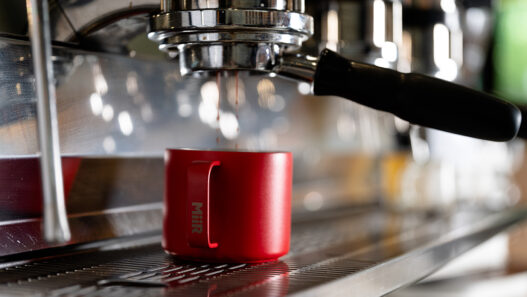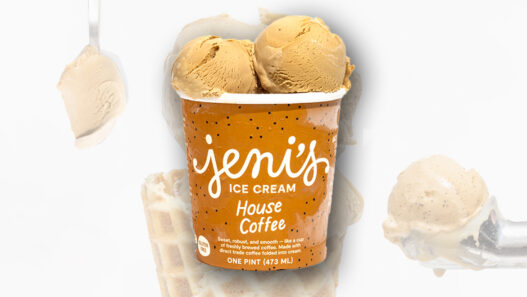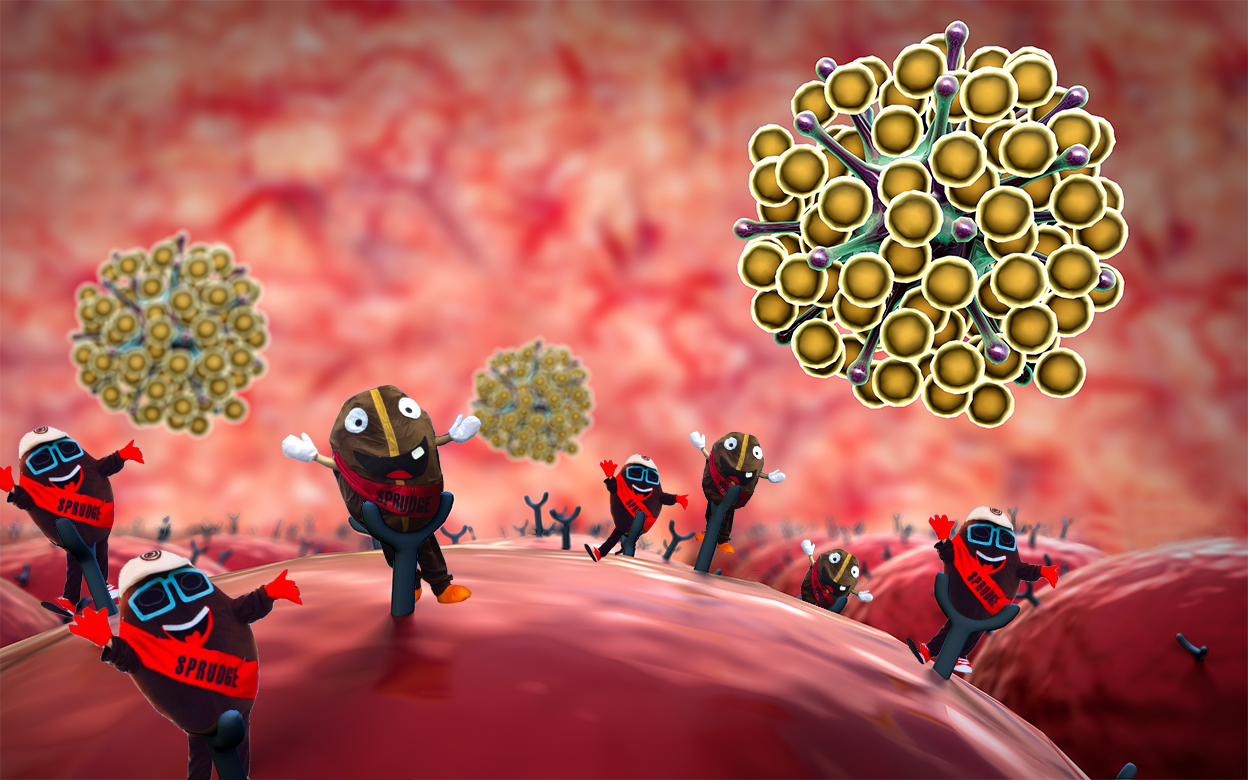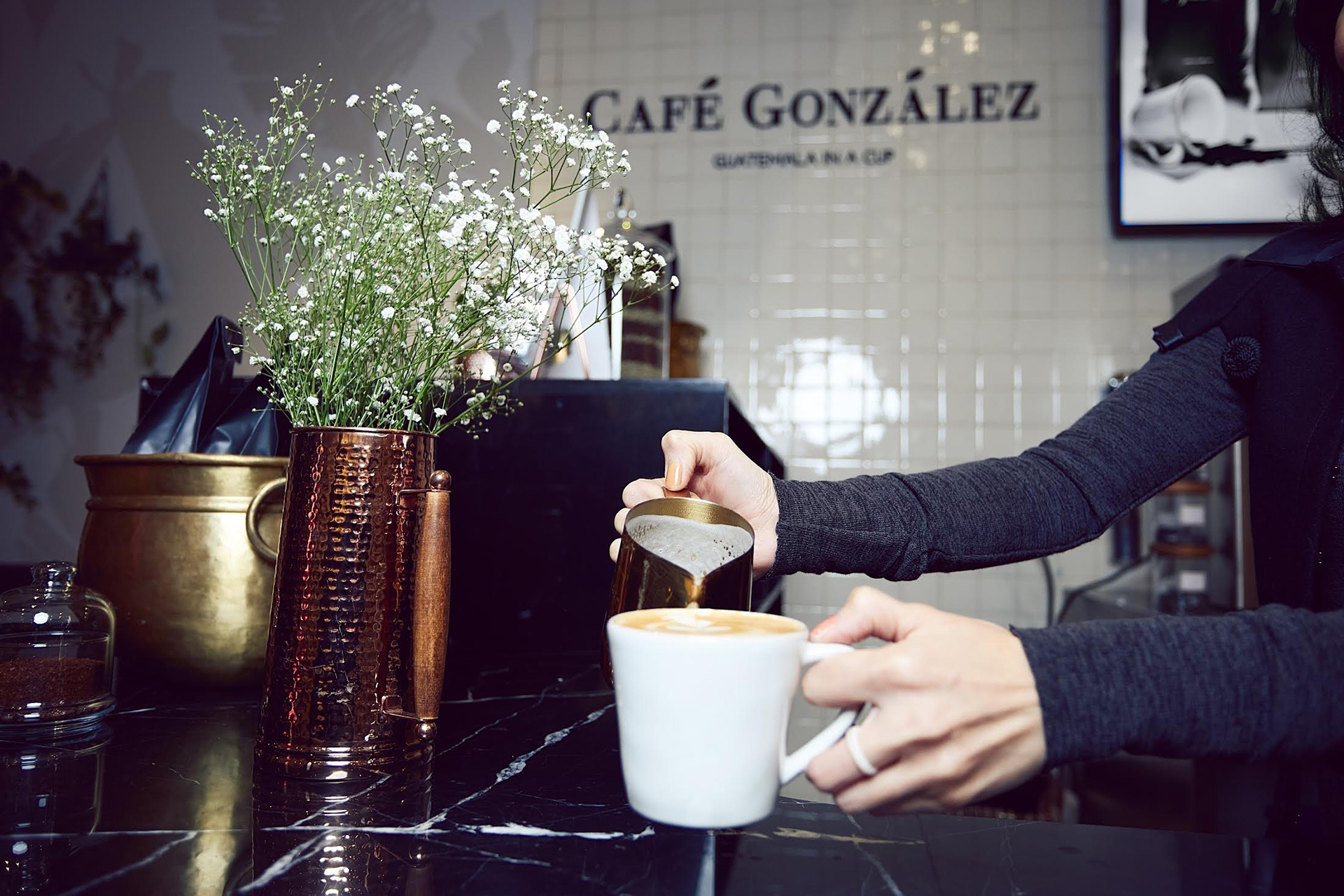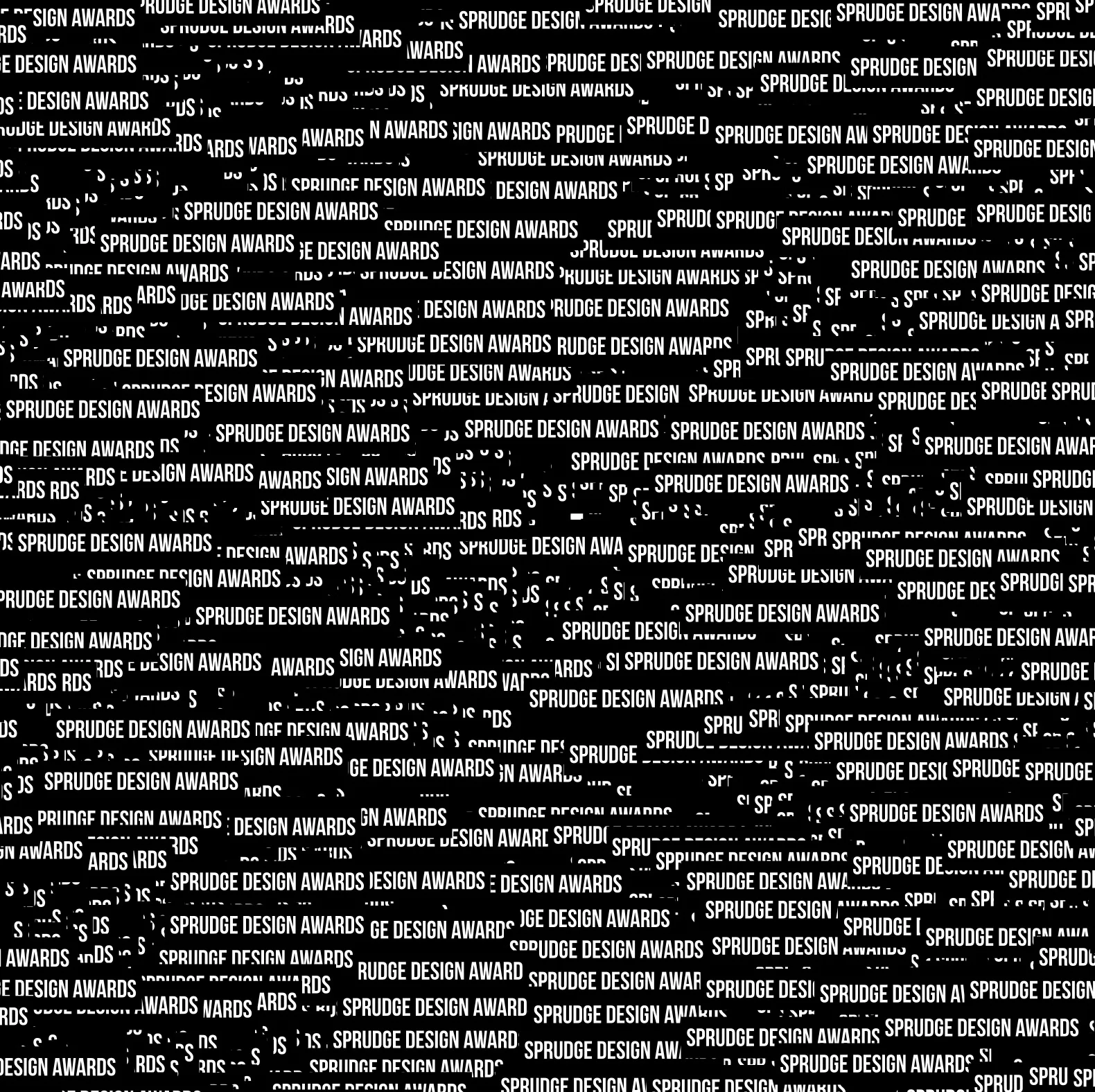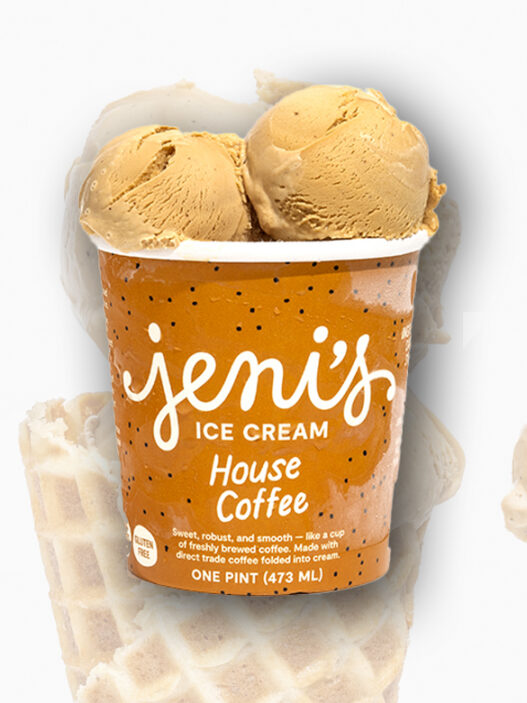Winter is coming, as they say, and despite its year-round presence—you know the “summer flu” isn’t a thing, right—cases of COVID-19 are expected to spike again as the temperatures drop. The seeming inevitability of it all even has the US government taking the preventative measure of sending out another round of free testing kits to anyone who wants them. And while testing will certainly help keep you from spreading the virus, there is a way to decrease the risk of contracting it in the first place: drinking coffee.
In a new study published recently in the journal Cell & Bioscience, researchers from Taiwan find that drinking coffee can a a pretty big impact on reducing the chances of catching COVID-19. As reported by News-Medical.net, the study takes a multi-pronged approach in discerning a link between coffee consumption and lower COVID risk. For it, researchers used what is known as a “pseudovirus”—a harmless form of a virus that is unable to replicate but still has key similarities to be examined, in the case the outer shell of the virus that binds to human cells—as well as samples of a human embryonic kidney cell, which has ACE-2 receptors, the things the COVID spike proteins bind to in transmission.
When combining the kidney cells with coffee made in a ratio of 6:1 (not exactly SCA standard but go with it), the virus was inhibited from affecting host cells at a rate of 60 to 81%. When using instant coffee in a 1:1 ratio, though, the effect skyrocketed to a rate of 70-96%. This same effect extended to the Alpha, Delta, and Omicron variants tested, and additives like milk or sugar didn’t diminish its efficacy.
Next, in human trials, the researchers asked 64 healthy 21-40-year-old individuals from Taiwan to consume either a high or low dose of regular coffee, a high or low dose of decaf, or water for two day. Sera was collected from the participants before and after the two-day period, and when tested, samples from “most individual in the regular coffee groups” as well as the decaf group—most notably the high-dose—were shown to inhibit the virus.
Finally, 64 healthy Taiwanese individuals aged 21-40 were randomized to consume regular coffee (high- or low-dose), decaffeinated coffee (high- or low-dose), or water (control) for two days. Sera were collected before and after the intervention. Samples from most individuals in the regular coffee groups inhibited “wild-type SARS-CoV-2” and the Omicron variant. Likewise, sera from decaffeinated coffee consumers, especially the high-dose group, also inhibited SARS-CoV-2.
As with prior studies, chlorogenic acid and caffeine are believe to play some part in the advantageous effect. These compounds keep the virus’s spike protein from binding to the ACE-2 receptor, preventing infection. They are also believe to limit the activity of cathepsin L, enzymes that “facilitate” entry of the virus, as well as inhibiting the activity of transmembrane protease serine 2, a protein of the surface of a cell involved in the “viral entry” of COVID.
But drinking coffee isn’t entirely preventative. In her wonderful piece, Sprudge Editor at Large Jenn Chen explores the effects of Long COVID on coffee professionals, those who, given their increased daily consumption, would be the most likely candidates to never get the virus if coffee were 100% effective. Still, this study states that drinking 1-2 cups of coffee a day can be adopted as a viable prevention strategy to limit infection.
Zac Cadwalader is the managing editor at Sprudge Media Network and a staff writer based in Dallas. Read more Zac Cadwalader on Sprudge.




